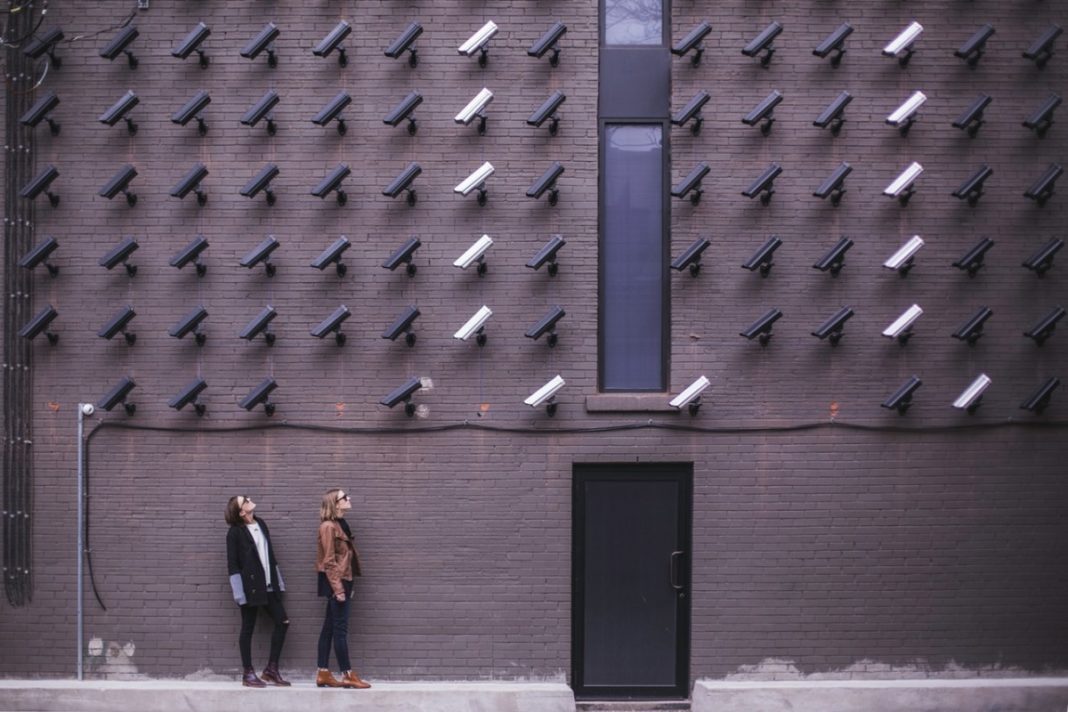In Jumbo supermarket’s Alphen aan den Rijn store, dozens of cameras scan and record customers’ faces. The store owner says the cameras are necessary to catch thieves and protect customers. But when does security cross become an invasion of privacy?
If you’re a known thief walking into Jumbo to grab a carton of milk, too bad. Facial recognition systems will trigger an alarm that will have you forcibly removed from the store, RTL Nieuws reports.
It may sound like the latest and greatest in technological advancements, but Lotte Houwing, spokeswoman for internet freedom NGO Bits of Freedom argues that the problems outweigh the benefits.
“I would feel more uncomfortable in a Jumbo where all sorts of cameras are watching that are constantly watching me, than in a Jumbo where someone sometimes steals a sandwich,” Houwing told RTL Nieuws.
What kind of society should we live in?
This is the question on many people’s minds. To be able to recognise the faces of thieves means capturing and storing biometric data. Houwing says the saving and processing of the data has a big risk.
“To recognize faces, you have to store them somewhere. So there is a database with all sorts of faces and identities linked to it,” she explains. “This is very personal data that you don’t want to end up on the street. You only have one face.”
An expensive exercise
Houwing can’t imagine that the expensive costs of maintaining facial recognition software outweigh the costs of theft.
More so, the cost to innocent customers who are not thieves could pay the price. Simply entering the supermarket giant gives them no control over what happens with their data, or where it ends up.
We spelen op de #bba2019 een quiz met als juryvoorzitter niemand minder dan Hans de Zwart, doe je mee via de livestreaming? https://t.co/mFzZnrycy3
— Bits of Freedom (@bitsoffreedom) November 29, 2019
“The faces of customers are reduced to barcodes that are scanned upon arrival,” Houwing explains. “You do not want the data to end up on the street because a database is not properly protected.”
Is facial recognition in stores legal?
According to the Dutch Data Protection Authority, the processing of biometric data is prohibited in principle. However, a loophole applies if the processing is ‘deemed necessary for authentication or security purposes’.
“A strict test is then required to determine whether the importance of using biometrics is proportionate to the invasion of privacy. And whether the use of biometric data is the best way or whether there are other ways,” says the authority.
Political parties CDA and D66 have been critical of facial recognition for a long time and are campaigning to interfere more with the use of the technology. “Face recognition is the next step in penetration where people are seen as a collection of data. That can be at the expense of human dignity,” says CDA MP Chris van Dam.
Thankfully, the huge use of facial recognition technology at Jumbo’s Alphen aan den Rijn is not standard across the supermarket chain. “We do not apply this in our branches. This pilot was initiated by a Jumbo entrepreneur,” explained a Jumbo spokeswoman.
Jumbo isn’t the first place to take facial recognition to extremes. Police now use databases to search for criminals, while Schiphol Airport is looking to trial a new passportless system.
What do you think about the use of facial recognition becoming more common? Are you concerned about your privacy, or do you think it’s a fair measure to increase security? Let us know in the comments below!
Feature Image: Burst/Pexels



